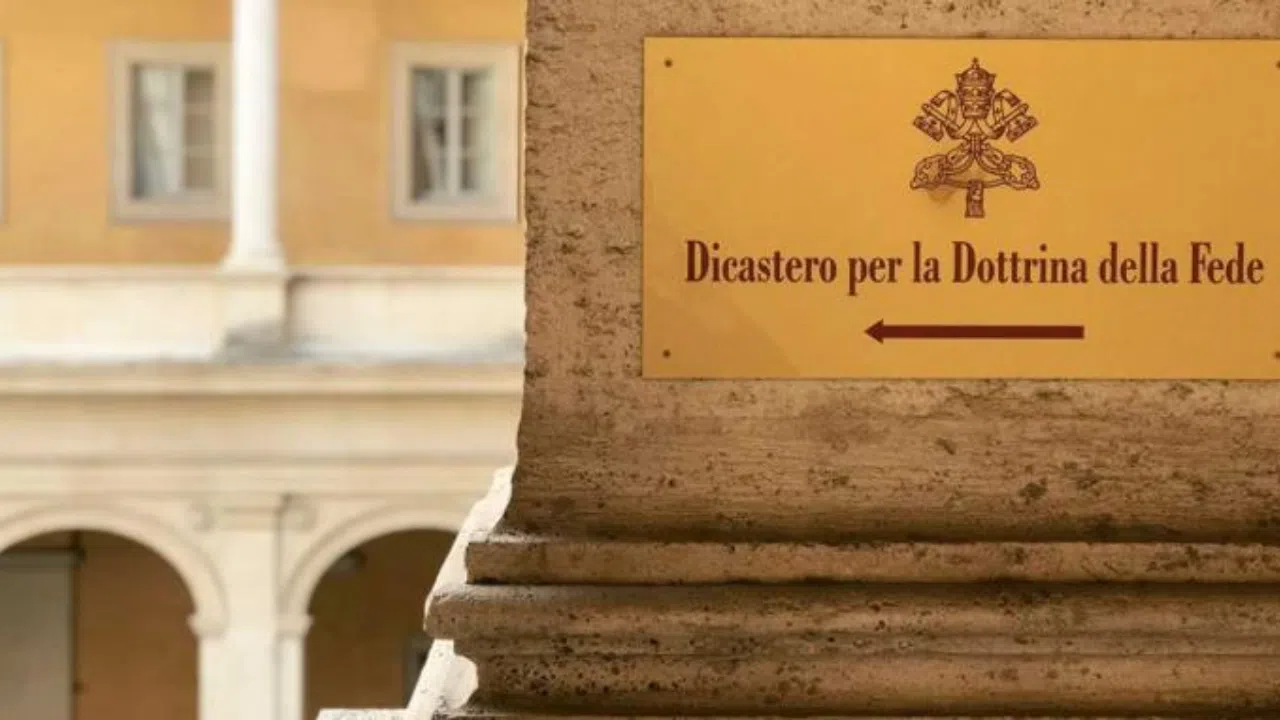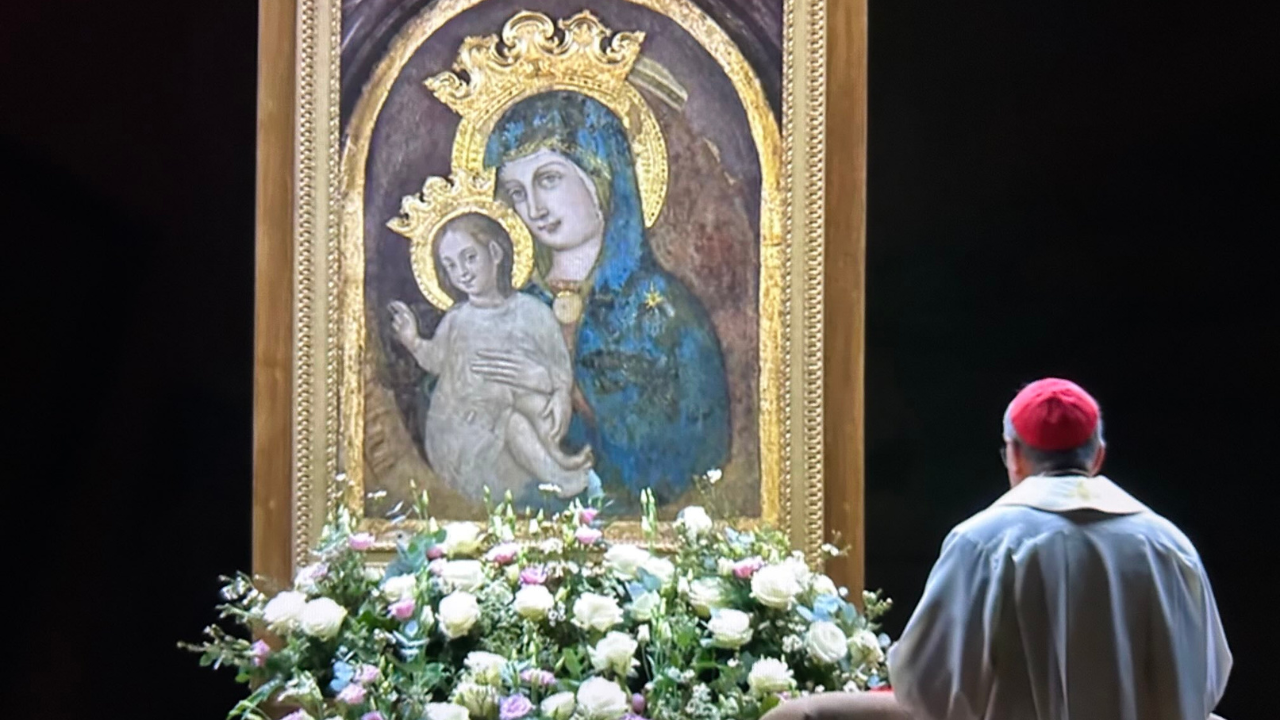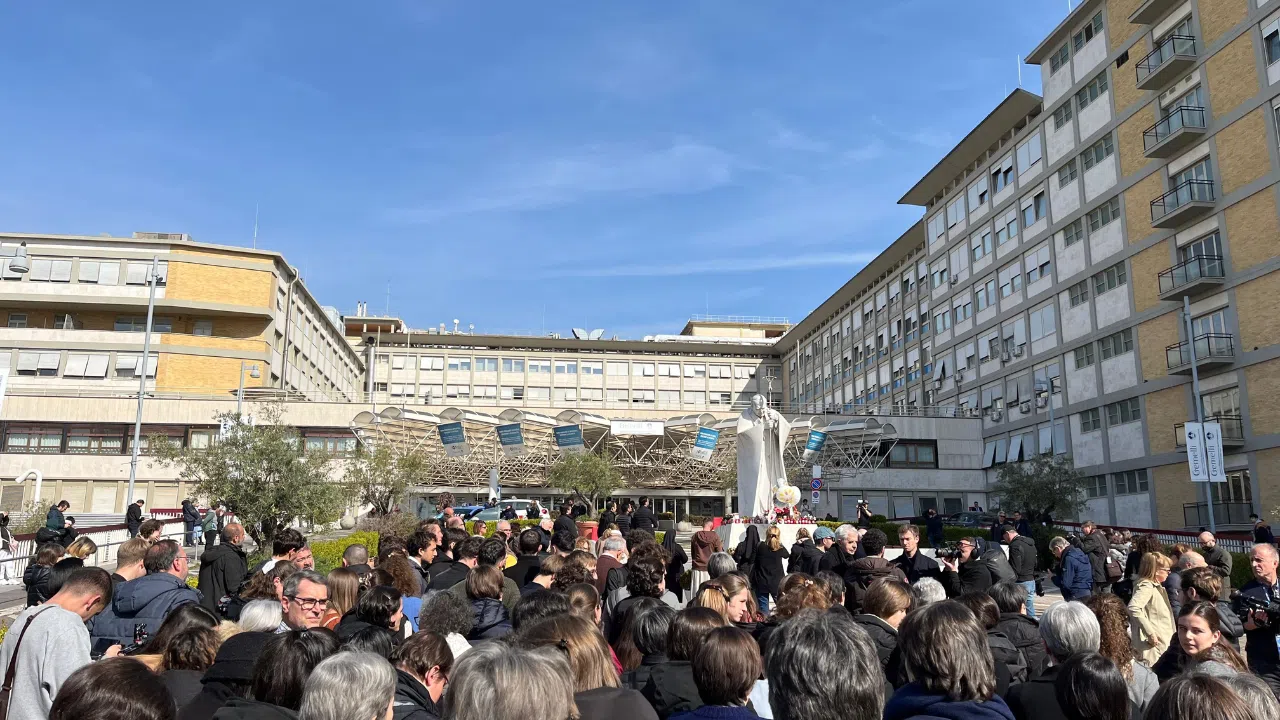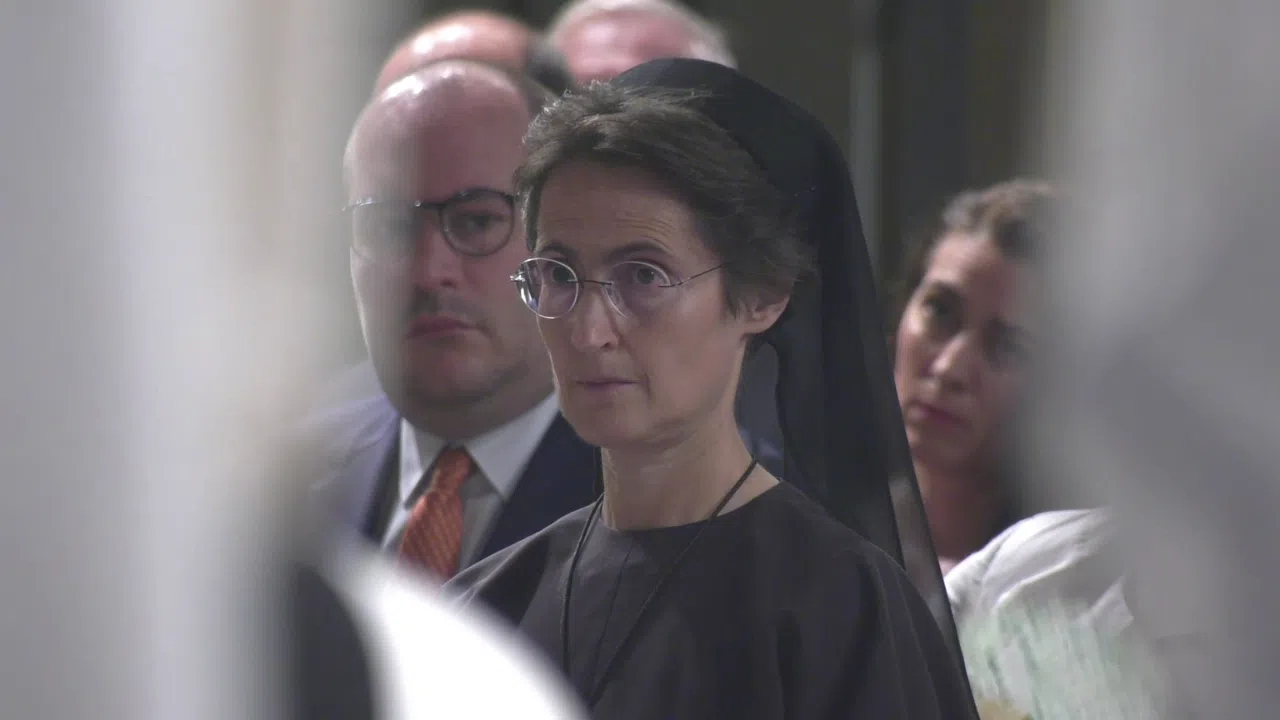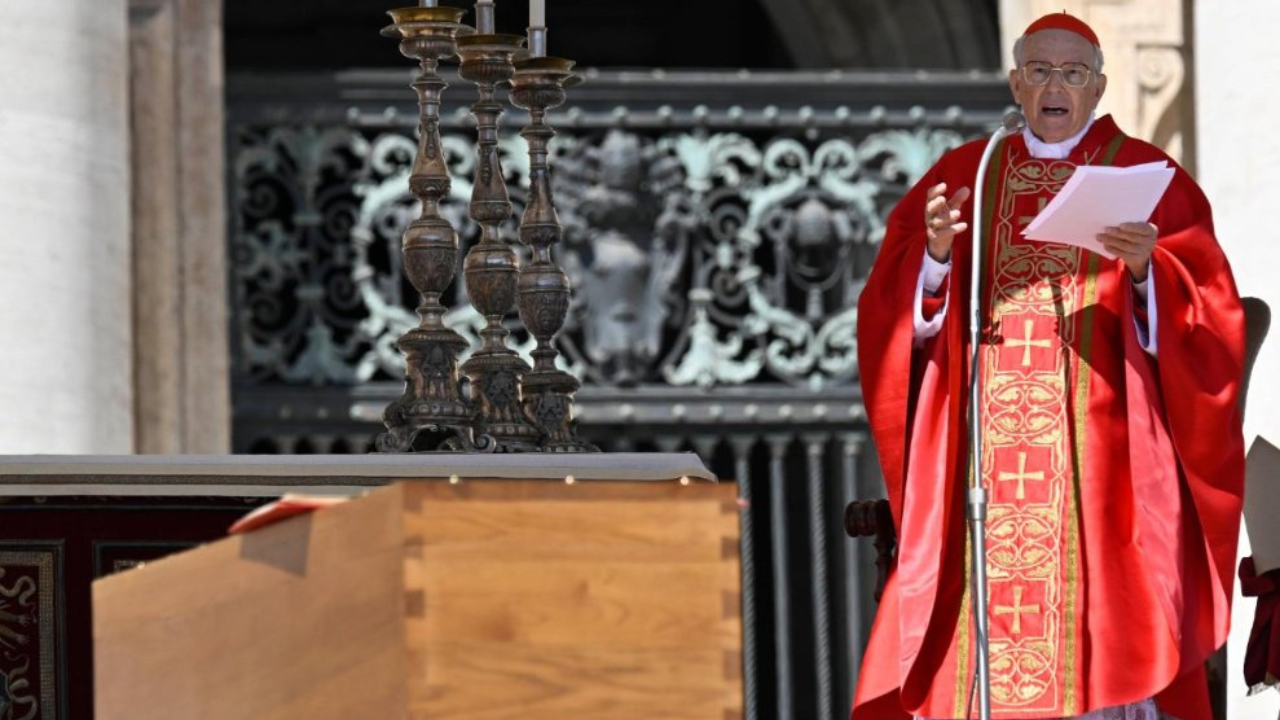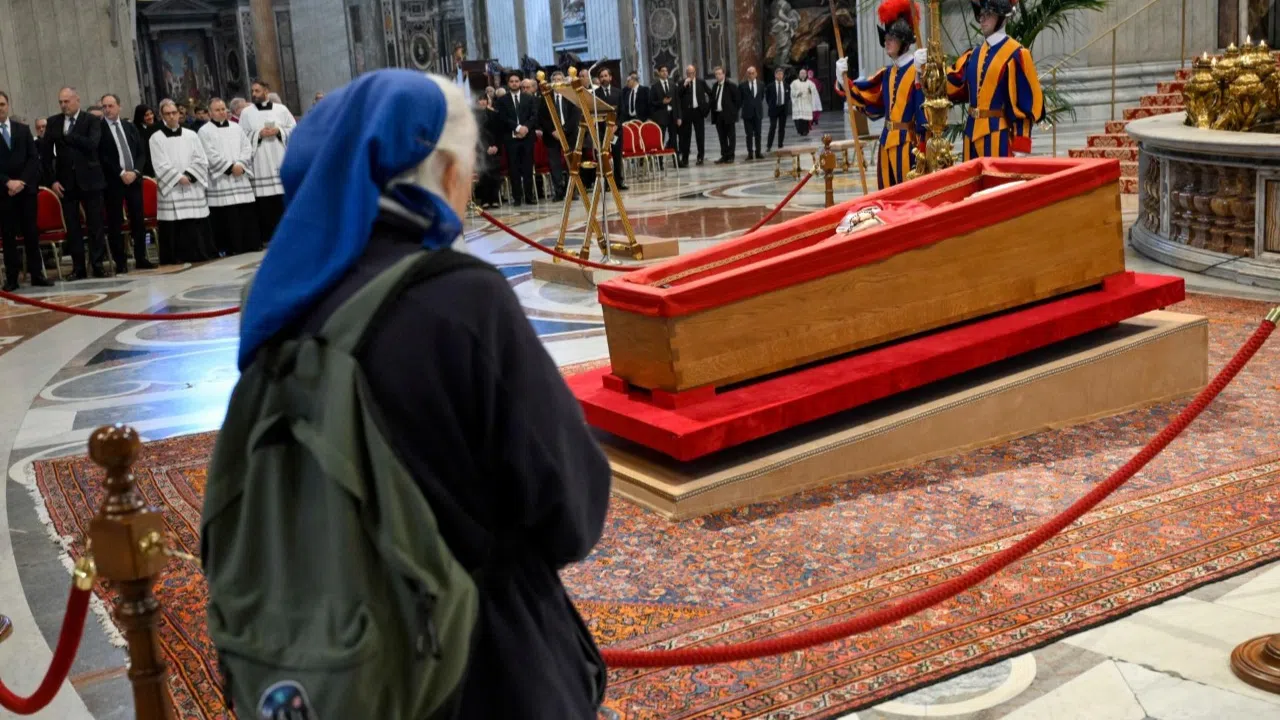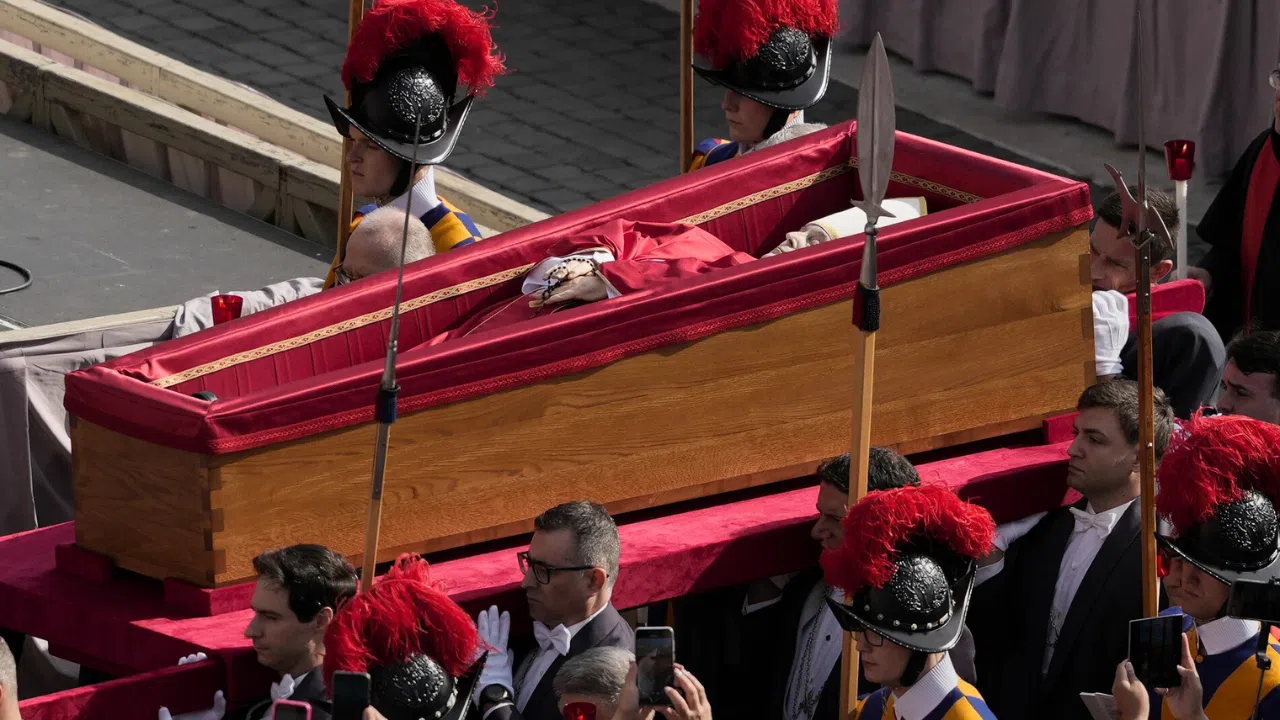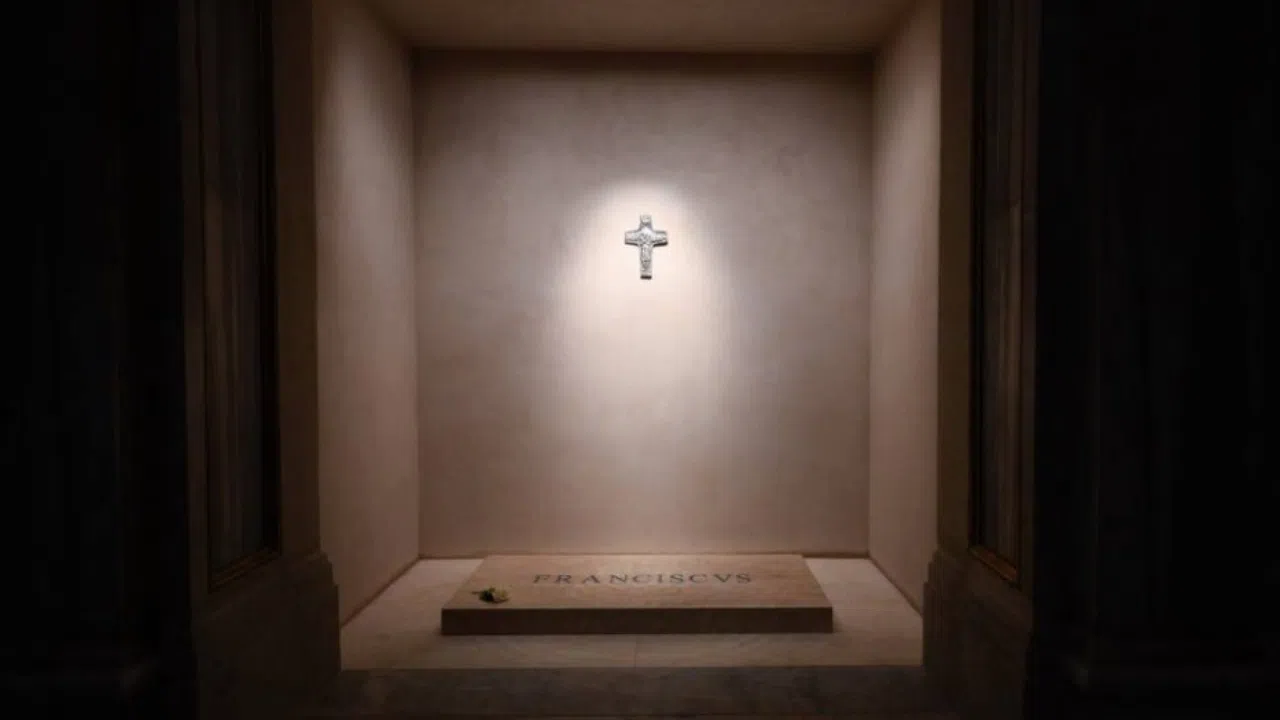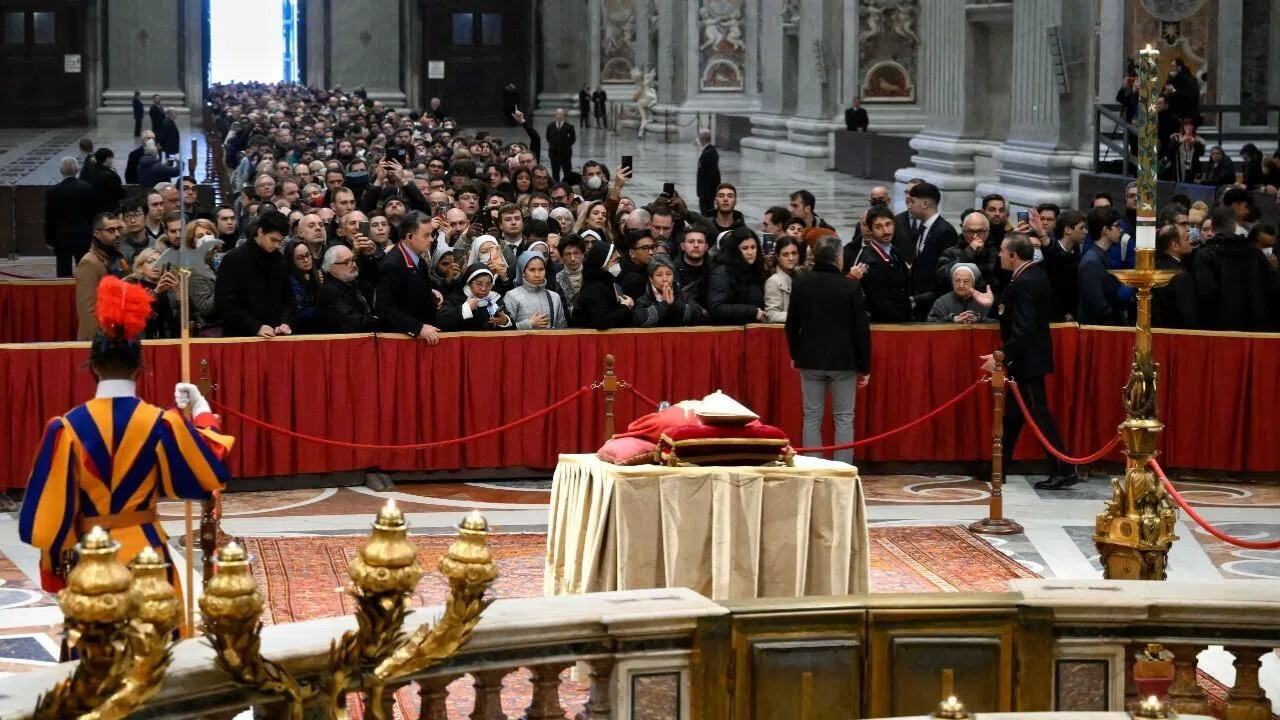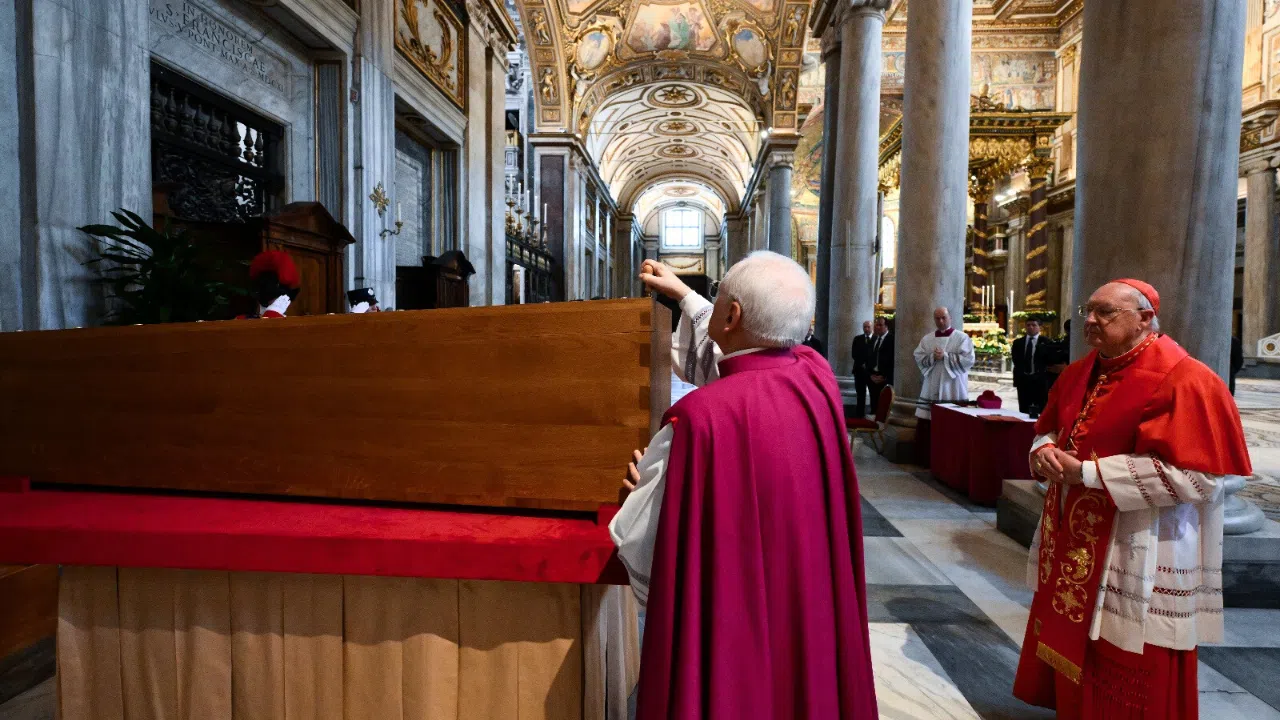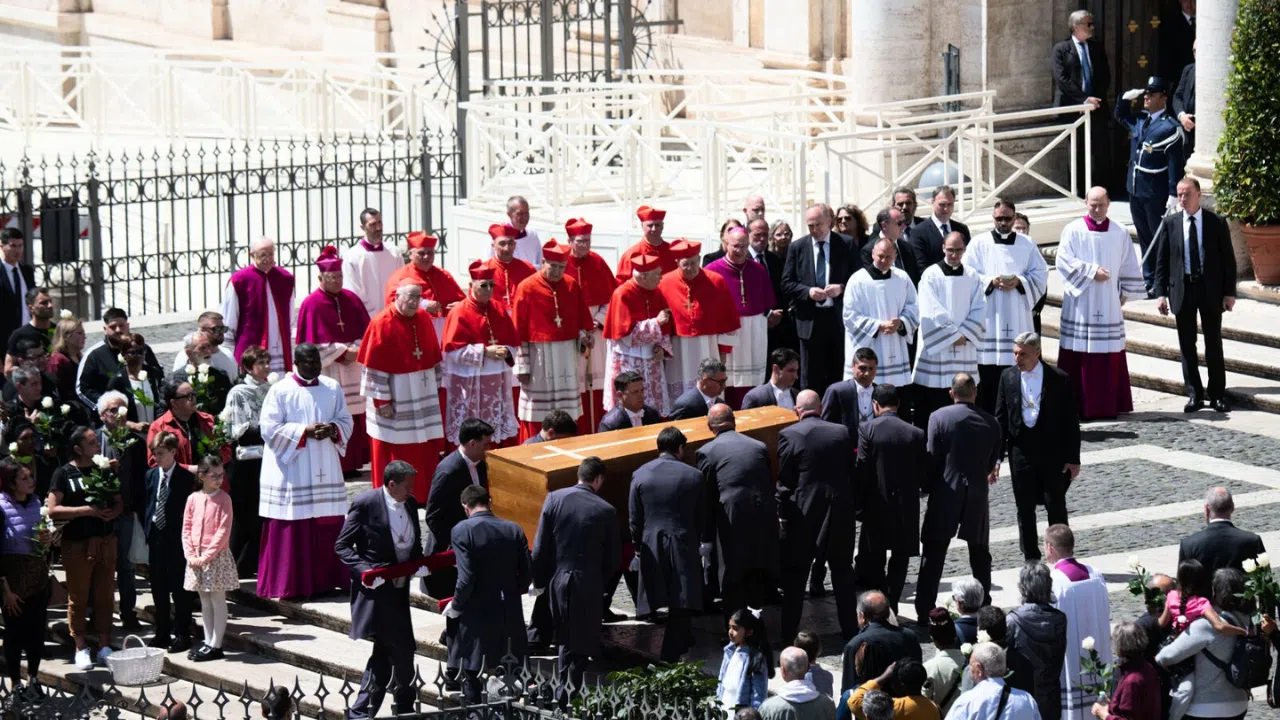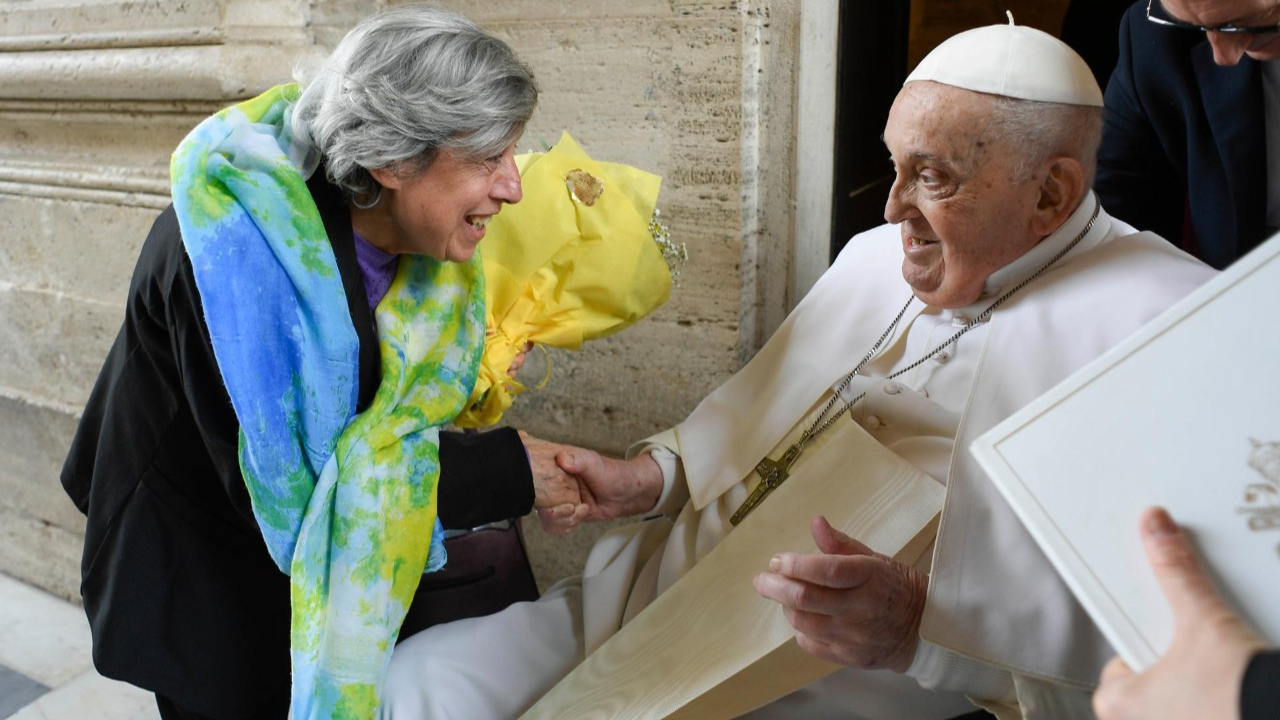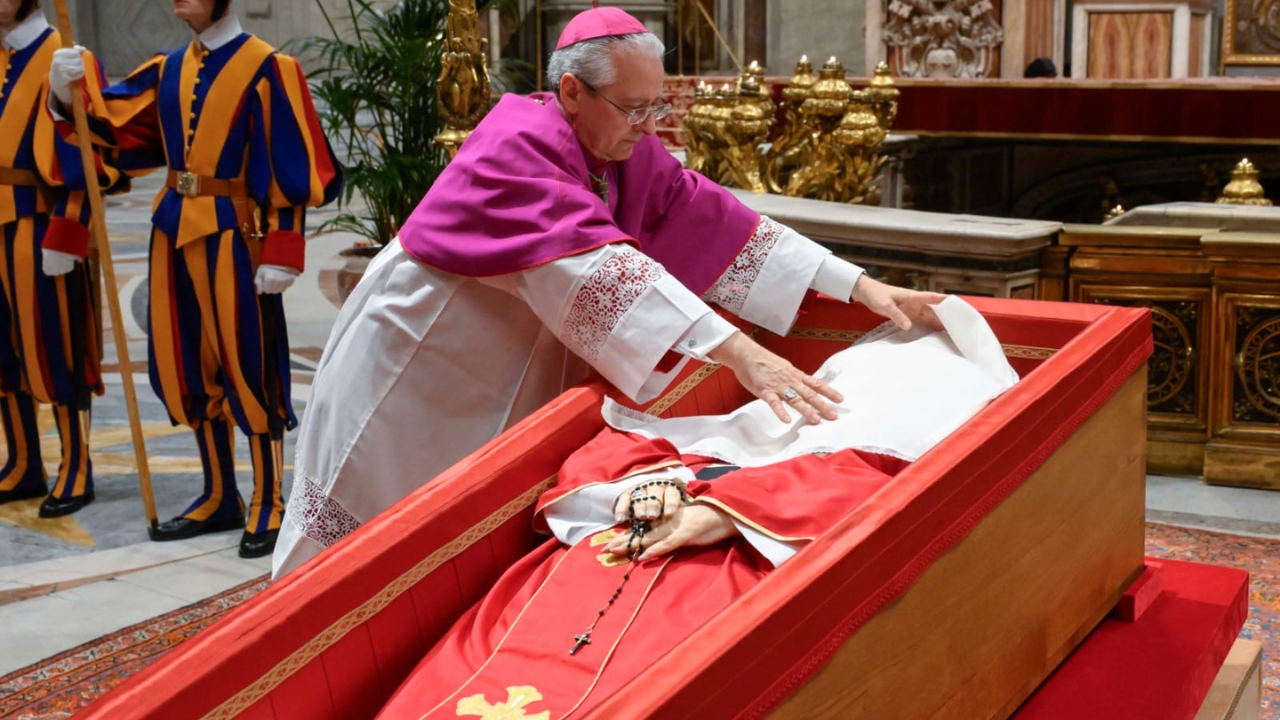The Vatican asks that accusations that could damage a person's reputation not be spread, especially if there is no sentence declaring that person guilty in a civil or ecclesiastical process. And, even more so, if the person concerned has died.
This is the response given by the Dicastery for Legislative Texts to a letter received in July, in which an anonymous person asked how the concept of the good reputation of the deceased is regulated in canon law.
Signed by the prefect, Archbishop Filippo Iannone, and the secretary, Monsignor Juan Ignacio Arrieta, it highlights that, in the event of death, such a person cannot defend himself. In addition, they recall two key points of the legislation.
On the one hand, the presumption of innocence until there is a final sentence; on the other, the principle of non-retroactivity, that is, that an action cannot be judged that was not classified as a crime when it was committed.
Both members of the Dicastery, therefore, point out that these two rules cannot be overridden just to publish a news item, and even more so if a person's reputation is harmed.
This is especially relevant regarding cases of abuse. In fact, in the letter, they refer to one of the Pope's conclusions at the anti-abuse summit, held in 2019 in the Vatican.
Pope Francis had already said at the time that the publication of lists of those accused should be avoided, even by dioceses, before a prior investigation and a definitive sentence.
Now, the Dicastery reiterates that hidden information cannot be disclosed about any person, and even more so if it is a deceased person.
CA
TR: GS


